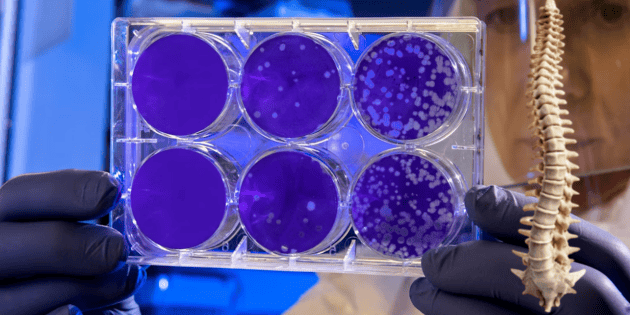Artificial Intelligence is coming, capable of anticipating the diseases you may suffer: this is how it works

Artificial Intelligence (AI) still seems like the stuff of science fiction; however, its use is beginning to take over important spaces such as medicine. Over the past year, intelligent models have been implemented in hospitals and outpatient clinics , either to speed up waiting lists or as a screening method to detect rare types of cancer . Now, German researchers have gone a step further and created an AI system capable of predicting what diseases a person may suffer up to a decade in advance.
How Delphi-2M worksThis new AI system, developed by a group of researchers from the European Institute for Bioinformatics, DKFZ (German Cancer Research Center), uses language technologies similar to those of Gemini or ChatGPT and is called Delphi-2M.
Its function is quite simple in the eyes of the user, but it uses a complex algorithm that combines medical history, patient habits, and other health data into a database of more than 1,200 diseases . It will never offer a definitive diagnosis, but it will create a probability map of the diseases the body can develop over a decade. This is why this tool was created not to diagnose, but to prevent.
An AI capable of preventing diseases?The great advantage of this tool is its ability to prevent diseases based on medical records, while also offering doctors a broader range of hypotheses. However, an AI model is not optimal without reliable data. To do this, researchers used the UK Biobank , a database containing information on 400,000 people , and validated it with the medical records of 2 million Danish citizens , according to the scientific publication Nature .
The result has been a tool capable of accurately predicting a patient's next illness in the short term at 76% and 70% for conditions occurring within the next ten years. The situation is already at a lower level when looking at the next two decades.
But beware, experts are already questioning this new tool which, despite yielding good results, may fall on the dark side of history . On the one hand, the risk of misdiagnosis or comorbidity, in addition to a psychological impact due to the early onset of the disease . On the other hand, the risk beyond the purely health-related, such as the abuse of health insurance rates for a profile full of probabilistic diseases, as well as the use of protected data that could violate the patient's biomedical privacy.

Audience Editor / SEO Editorial 20minutos
I graduated in Journalism from the Rey Juan Carlos University. I like to see the world from different perspectives. That's why I've directed a digital website, been Head of Communications for a dance company, and worked in cultural, film, and social media. I now work as Editorial SEO within the Audience Development team at 20minutos.
20minutos




